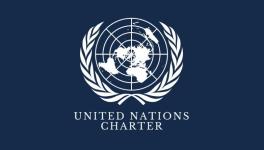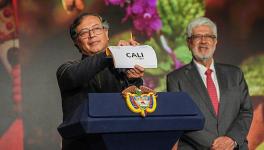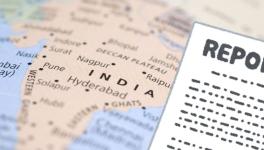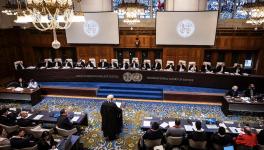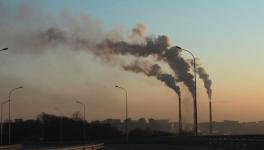Bonn Climate Conference: Saudi Arabia and US Oppose Scientific Findings
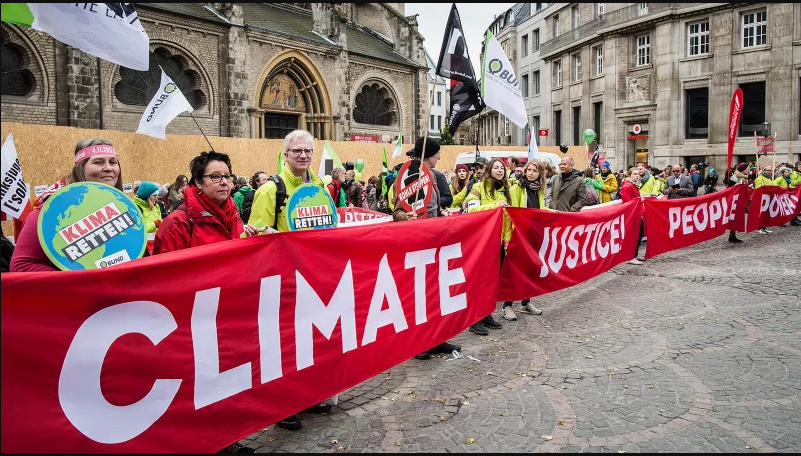
Image for representational use only. Image courtesy: Gizmodo Earther.
Over the last two weeks international negotiators from nearly every country met in Bonn, Germany, to finalise the contentious points of the rulebook for the Paris Agreement in the run up to the United Nation’s annual summit on climate change—the COP25 scheduled to take place in Santiago, Chile.
The conference ended yesterday, but with little progress. While some headway was made in many technical issues, sharp political differences remain on issues like carbon markets, enhancing finance so that the developing countries could cope up with the climate impact and importantly, the role of science in informing policy makers to make them understand the urgent need of climate action.
The conference reportedly witnessed opposition to the scientific findings by UN’s Intergovernmental Panel on Climate Change (IPCC) report produced in October last year. The report actually was the findings of scientific studies done by IPCC scientists, which says that limiting global warming to 1.5 degree Celsius would be safer than a 2.0 degree limit. The scientists concluded that it was possible to keep the rise in temperature below this mark, but that would demand huge cuts in world emissions for years to come with the world achieving zero emission by 2050.
Also read: IPCC Special Report: Chasing a Mirage
However, these findings were opposed by Saudi Arabia with an unholy coalition with the US. The Saudi delegation also objected to including words that welcomed the IPPC's findings or any mention of the scientific body's recommended emissions targets in a final text.
"Saudi Arabia is the main protagonist in this attack on science, although the US has come to its aid," Oxfam's Jan Kowalzig said.
The IPCC report was discussed after it was called for by a significant number of small island states. For many small island states, their survival has been thought to be at stake if temperatures go above this level, and the IPCC report was seen as a key for their survival.
In December, during another UN summit, major fossil fuel consumers including US, Russia, Saudi Arabia and Kuwait had declined to welcome the report to be included in UN discussion and debate. The same battle continued here in Bonn.
Small island states wanted the approval of a text that would include the reference to the scientists’ conclusion that carbon emission would have to be reduced by 40% by 2030. But, Saudi Arabia was at the forefront to have a text included that underlies the uncertainties associated with the scientists’ report.
Also read: Humanity to Witness ‘Climate Apartheid’ Soon, Says UN Report
This was inflammatory for the group of almost 40 small island states. Lois Young from Belize and the chair of the Alliance of Small Island States is quoted to have said—“Disregarding or qualifying the best available science is tantamount to climate denialism. We must not permit even a whiff of denialism in the multilateral process. We must use the IPCC Special Report on 1.5 to operationalise the Paris Agreement.”
However, avoiding a full scale war on the floor, a compromised text was accepted. The battles on the role of science in the UN climate process are not going to go away very shortly. This year itself, two more IPCC reports are due and there will be more rows of battles down the road.
Get the latest reports & analysis with people's perspective on Protests, movements & deep analytical videos, discussions of the current affairs in your Telegram app. Subscribe to NewsClick's Telegram channel & get Real-Time updates on stories, as they get published on our website.










